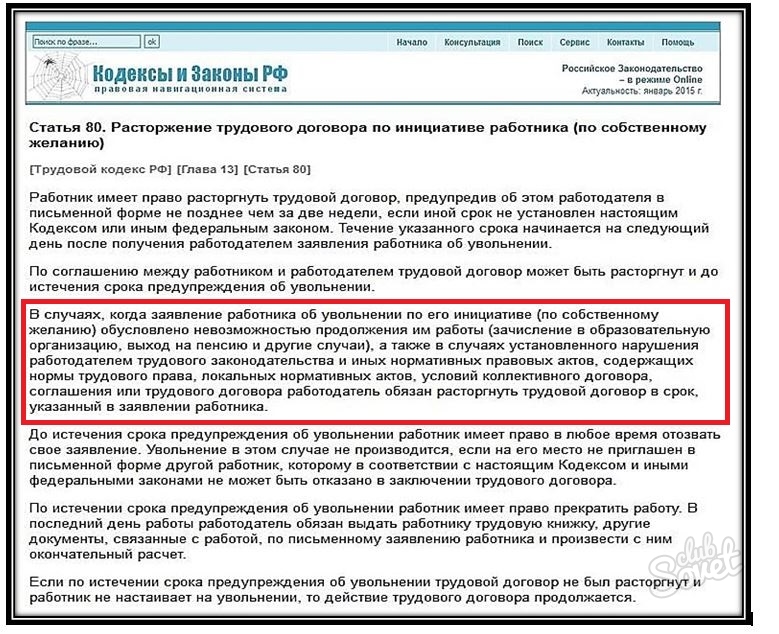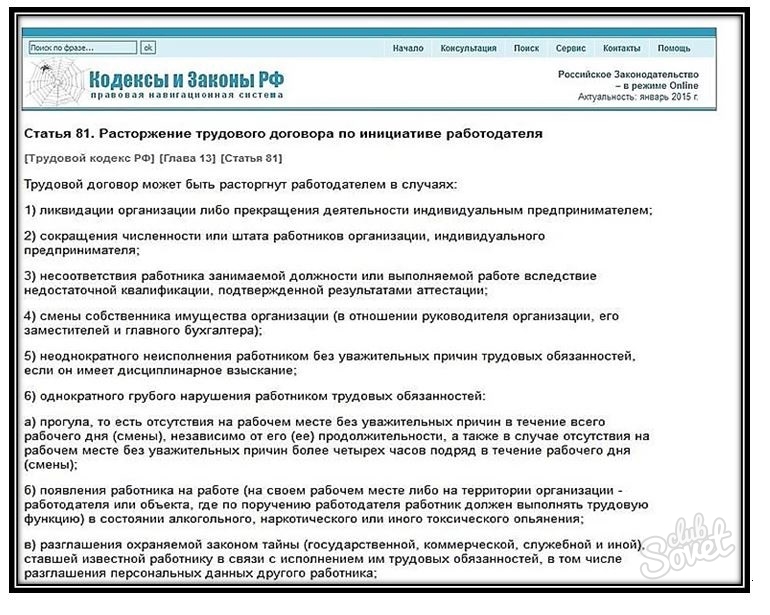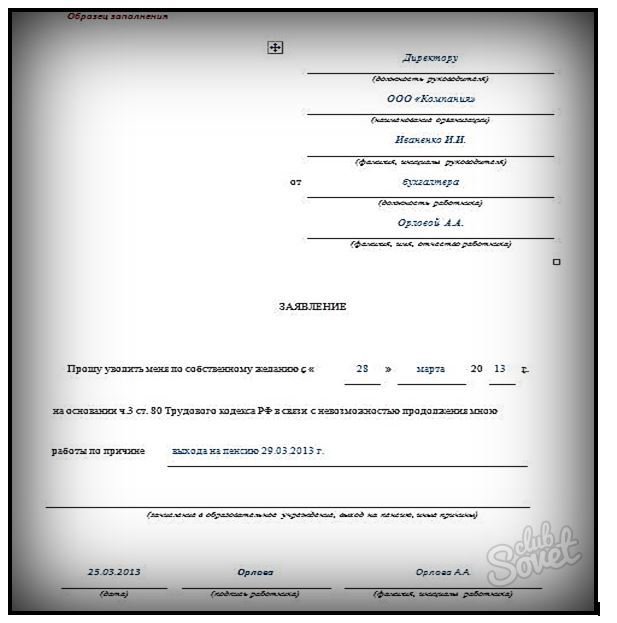The event related to retirement raises many questions among citizens. After all, long-term employment relationships establish certain specifics for the process of terminating an employment contract. First you need to know how to properly compose the primary document to start the corresponding process. Consider how to file a letter of resignation in connection with retirement.
Legal regulations
A pension is compensation for many years of work. Therefore, an employee of “venerable age” is given the state the right to stop working at any time. Despite this, it is completely optional to use such privileges. Becoming a pensioner, you can continue to earn seniority, because according to the law, the employer does not have the right to terminate the contract with the employee just for this reason.
Legal grounds for termination of employment relations apply to any working citizen, including those who have reached retirement age. All of them are spelled out in article 77 of the Labor Code of the Russian Federation.
generally accepted rules
Summarizing the above, we note the main nuances of such a procedure:
- The reason for leaving for a well-deserved rest can only be the personal desire of the employee.
- The age determined by law does not give the employer the right to forced dismissal.
- The usual two-week working off by an employee is excluded if they need to retire (clause 3 of article 80 of the Labor Code of the Russian Federation).
- The date of dismissal is determined by the pensioner and is recorded in the application.
- Any personnel combinations (signing a fixed-term contract, moving to other vacancies, etc.) are carried out only at the request of such an employee.
- In the submitted document of intent to end employment, the wording "of one's own free will in connection with retirement" is indicated. The same entry will be noted in the work book. Indicating the justification for dismissal will help to eliminate disputes in the future, although it is not considered mandatory.
Please note: if a retired pensioner is subsequently hired and fired, an entry with the note “with retirement” is no longer put in the work book.

Exceptions
Nevertheless, there are isolated cases that allow the employer to deviate from the generally accepted rules (Article 81 of the Labor Code of the Russian Federation):
- An employee from the category of citizens falling under age restrictions. For them, the law provides for a maximum retirement age:
- employees - 60 years;
- employees of the Ministry of Internal Affairs - from 50 to 65 years, depending on the position held;
- teachers - 70 years.
- The liquidation of an enterprise gives the right to dismiss pensioners on a general basis.
- It is possible to transfer to a less difficult job if an elderly employee has a disability group.
All features of the termination of labor relations with pensioners can be included in the collective agreement of the enterprise. However, they should not contradict the principles of labor legislation and infringe on the rights of such employees.

In this case, the legislation does not establish a unified form of the document, but the general rules should still be observed:
- A hat is a must. Enter the following data in it:
- enterprises;
- immediate supervisor;
- retired pensioner.
- In the body of the application, in addition to indicating the phrase about dismissal on your own initiative, add a good reason - in connection with retirement. Do not forget to indicate the date of termination of the employment contract.
- Refer to to justify the specified date of dismissal without mandatory working off.
- Date and sign.
Do not forget to register your application, affix an executive visa and make a copy of it.
Download on our website:

Retirement is a good reason to leave. Therefore, this event should not be a problem. It is important to correctly draw up an appropriate statement to comply with the regulations - then neither the management of the organization nor the personnel officers will have any extra questions.

